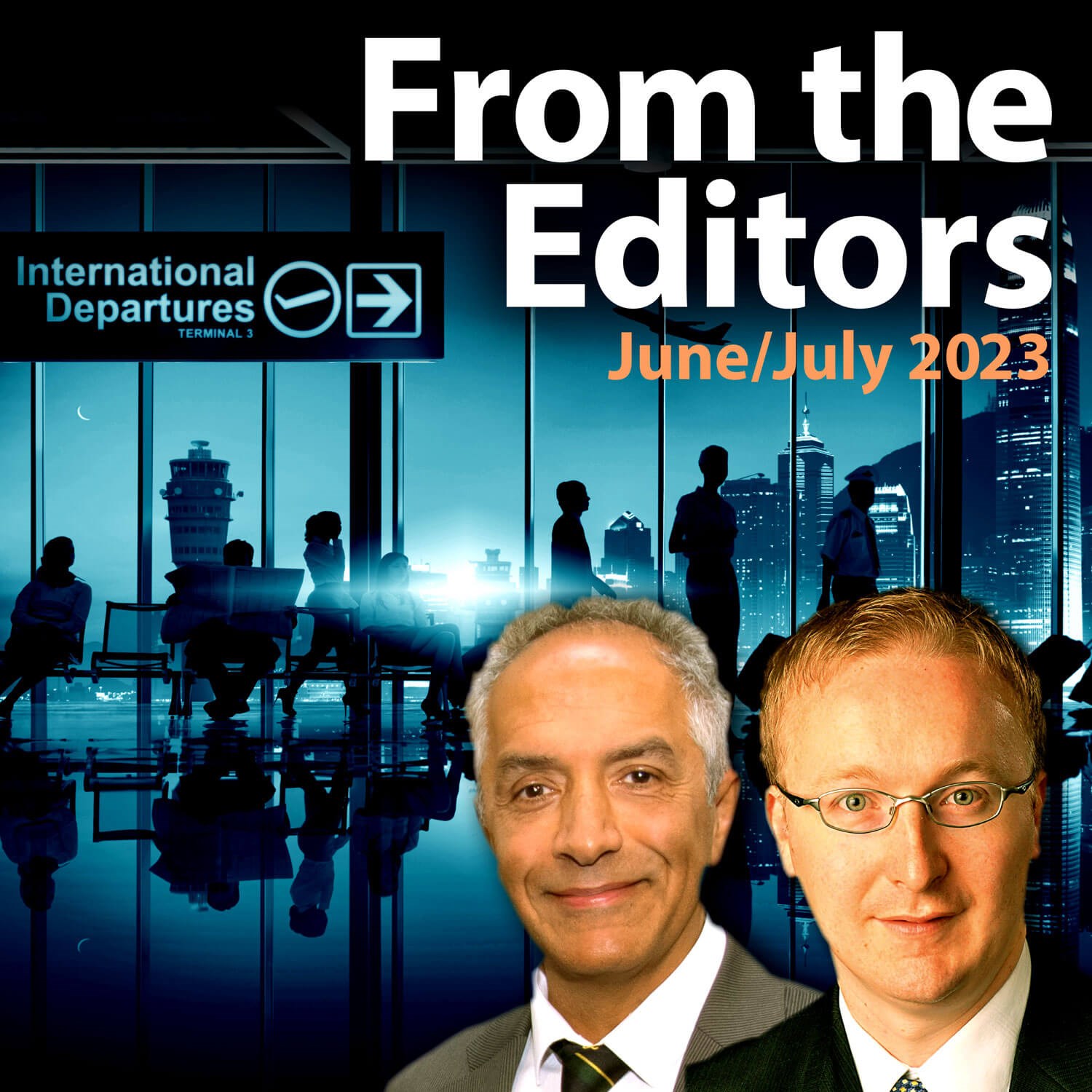
Confession time: I love a good airport lounge! Not only does it mean that you are about to go get some sunshine on a well-deserved break, it also provides a perfect opportunity to watch people go by. And what a snapshot of the rich tapestry of life you will see, if you are willing to observe.
The rushing, high-flying businessman, the loud and boisterous children, the elderly couple walking slowly and the jet-lagged, single student traveller lying across multiple seats, amongst others! All these different individuals are dealing with organisationally-imposed time restrictions on their schedules, supplemented by unwelcome delays, surrounded by strangers and often in quite uncomfortable environments. Everyone has somewhere better to be, and this stress reaction can play out through frustrated interactions with family and staff, leading to anger and even erupting into physical conflicts when fuelled by pre-flight alcohol special offers and conflicting football shirts – at least these dramas make the wait pass by more quickly!
Observing this cross-section of society reminded me of the potentially underwhelming patient experience when engaging with healthcare services. There is the same feeling of frustration and lack of autonomy when sitting in a waiting room, being surrounded by strangers and having better places to be, with other personal concerns weighing heavily. These stresses have all been amplified post COVID, where patients now feel their care has been delayed and there is internal angst that they may have a worse outcome as a result. Where previously some relatives felt they had to fight for their loved ones’ care on occasion, now sometimes it feels like they are just fighting. So, what can we do about it?
Education develops empathy, and Eye News June/July 2023 has a great range of educational articles to enhance the clinician’s ability to address their patients’ needs, fears and concerns. Peter Cackett’s interview with Mark Cousins describes The Story of Looking, a fascinating insight into sight and storytelling. Most patient-reported feedback values how patients are made to feel, and good and clear communication goes a long way to address the above issues. To that end, it seems artificial intelligence in the form of ChatGPT may not usurp the doctor-patient relationship just yet, as Arun Thirunavukarasu explains and David Haider reviews. Computer-based simulation of visual hallucinations can help doctors and family members empathise with patients, as Cameron Wilson demonstrates. An overview of concerning diagnoses such as uveal melanoma and the implications can help us counsel our patients as they await tertiary referrals, thanks to Mertcan Sevgi and the Glasgow ocular oncology team. Learning about activities to enhance glaucoma awareness across Nigeria is inspiring, with applicable lessons for us in the UK. There are also high-quality, high-impact case reports regarding electrocution and Nerf bullet ocular injuries to cause us to reflect, amongst all your usual favourite features.
I trust Eye News June/July 2023 will enable you to open your eyes anew to the waiting areas in which you work, to continue to see your patients (and staff!) as people, to observe the difficulties they may experience in their patient journey and be inspired to take a fresh look at how we can all work to optimise their care and outcomes. And determine not to be an idiot to staff and fellow passengers in the airport!
David Lockington
CLICK BELOW FOR THE JUNE/JULY 2023 ARTICLES






















